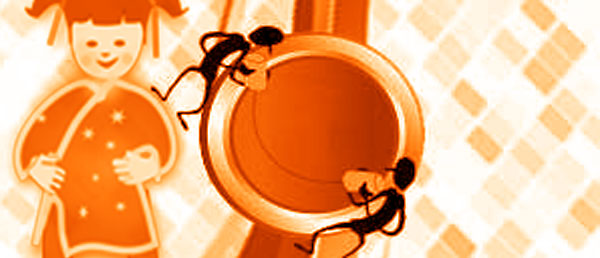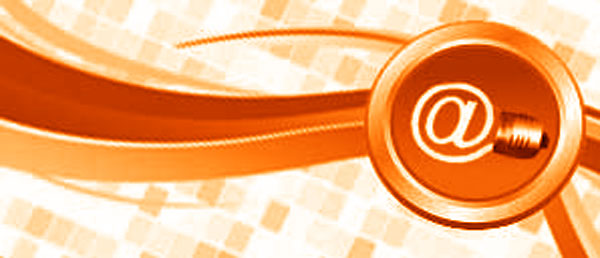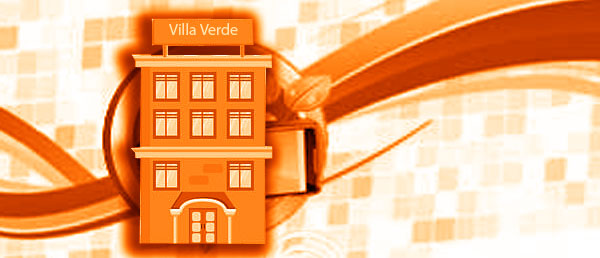But first, you need to know that according to us, China, in general, is safe to travel through. Also if you're traveling alone and strolling down the streets in the evening. This accounts even for cities. Act as you would back home: leave your valuables in the safe in your hotel room or at the reception. No safe available? Leave the valuables in your suitcase in your room, it might have a lock. If that doesn't suit you, a money-belt is very popular among travelers.
We advise you to make several copies of your travel documents, such as your passport, plane tickets, debit and credit cards, and insurance documents. Leave one set with friends back home and bring one set yourself. Save the copies also digital in your mailbox.

Fit into Chinese culture: first aid kit
- Many Chinese men smoke, it's part of the culture. Giving a cigarette expresses 'I respect you'
- Finding a hotel with non-smoking rooms is difficult
- Chinese people often eat in a restaurant. When they do, they invite friends and relatives as their goals of dining out is to socialize and have fun. Chinese like to sing, gambei (bottoms-up/cheers) and get drunk once in a while. They also smoke while eating. Whether you are being romantic by candlelight, is not really noticed. Not because they don't care, but it's just different.
- The menu in restaurants is not always available in English, and even if it is written in English you cannot be sure.... Take a look at our translated menus, both Chinese-English, and Chinese-Dutch (and print it out)
- Don't be scared of chop-sticks, you will learn really fast how to use them. Enjoy!
- Remember to ask people's permission before you photograph them. Don't take photos of military objects, borders and so on.
- Dress appropriately.
Communication skills
The main language in China is Han Chinese. Besides Han Chinese, in Yunnan and Sichuan Provinces the minorities use many other languages. English is not very common.China's time is 6 hours later than West-European summertime (GMT+01.00: Amsterdam, Berlin, Bern, Madrid, Paris, Stockholm) and 7 hours later than the standard (winter)time.
There are several possibilities to communicate with those back home; via a letter or postcard, internet, and telephone.

Money
The Chinese valuta is officially called Renminbi (people's money), but in everyday life Yuan is common. ATM's are common in China and makes it very easy to obtain money. Commonly used are Maestro and Visa, but also other plastics are accepted. For safety - e.g. in case the ATM doesn't return your card - just extract money from an ATM during banking hours. Opening hours are mostly from 8.30 to 17.00.The maximum withdrawal per day is Rmb 3,000.00. The biggest note is 100 Yuan.
Although ATM's are widely spread in China, during trekking or hiking, plastics cannot be used in restaurants, hotels, shops, etc. Make sure that on such occasions you also have some cash in your pocket.
Digital money
However written above about paper money it is since 2011 normal in China to use digital money using WeChat Pay or Alipay. You can pay almost everywhere, restaurants, taxis, in markets, supermarkets, streetshops by scanning their QR Code.
Guide to Payment Services in China (PDF, 10mb)
Tipping
In the tourist business, it's custom to give guides, drivers, and bellboys a tip if you are satisfied. Yunnan Minority Travel guides and drivers earn a fair salary because we want them to give you an excellent service. Besides, we don't want them to lead you to "tourist shops" to earn a commission.
It's not custom to give tips to taxi drivers, in restaurants, bars and so on.
If you don't know what the proper amount for tipping would be, the following standard is for your reference:
- If you are traveling with 1 to 2 people, we suggest for the guide Rmb 60-100 per guest per day and Rmb 30-55 for the driver per guest per day.
- If you are a group of 3 to 5 members, we suggest for the guide Rmb 50-75 per guest per day and Rmb 30-60 for the driver per guest per day.
- Tip for guides during adventurous tours like hiking and biking, we suggest you double the tipping.
- The tips for hotel bellboys are generally about Rmb 5 per suitcase.
The above is for your reference only. We know that tipping is a personal matter.

Health care
When you have a medical background, please inform us! We can prepare for possible emergency scenarios.
Vaccines
It is advisable to get vaccinated against Polio, Hepatitis A, and Diphtheria. Please consult your doctor at home or vaccination clinic for advice.
Visiting a doctor in China
When you want to consult a Chinese doctor, you have to go to the hospital. In contrast with many other countries, you have to pay in advance. First, you pay for your consult. Then, with the payment receipt, you visit the doctor. He will examine you. Next, you will have to pay for possible x-rays or medicines. After that, you can actually get the x-ray and/or the medicines. Keep all bills for claiming your health insurance.
Hygienic rules
- Wash and disinfect (antibacterial gel) regularly your hands, especially before eating and after going to the bathroom
- Clean and peal fruit by yourself
- Meat must be well-done
- Be sure when eating fish, it's fresh
Diarrhea
Following the above mentioned hygienic rules, is not a guarantee you won't be sick, although hygiene is most important to avoid getting ill. A lot of people who fall ill while traveling, do so because of a change in their daily rhythm, climate changes, and physical exertion. You're easily susceptible to Travel Diarrhoea.
Water
Tap water is not drinking water! Use bottled water if you're thirsty. A 550 ml bottle of water will cost about Rmb 1.00 to 3.00.
And, don't forget to drink enough!! Because of our experience, we know that excited guests forget to drink.

Stamps - Internet - VPN - Phone
Stamps
You can buy stamps in post offices. On a postcard to Europe, you need a stamp of Rmb 6.00. You can post your stamped cards or letters in most hotels and in the post office.
Internet
In most hotels, you find a business center where you can use a computer, but it's more expensive as in an internet cafe. Prices are about Rmb 3.00 to 10.00 per hour. But, if you bring your own laptop or mobile phone with an internet connection, most hotels we recommend have wifi available or an internet connection in your room.
VPN to stay in contact
If you need to keep in contact with friends and family anywhere but China using your social media, we recommend installing a VPN. Many western social media are blocked in China, including Facebook, WhatsApp, and Twitter (X).
Phone
We advise our guests to purchase a Chinese sim-card upon arrival. A sim-card costs approximately Rmb 100.00 till 150.00 Rmb, you will get a number and around Rmb 100.00 credit. Mobile numbers that contain the lucky numbers 6 and 8 are more expensive, but you can choose. If you choose the operator China Mobile, we can easily help you to recharge when you are running out of credit.Sending SMS to the loved ones back home is relatively cheap compared to using your own mobile number. Besides, it makes communication between us, your tour organizer and you, easier. That might, for example, be needed when your flight schedule is changed, but it is also very welcome in cases of emergency. Beware that your mobile phone is sim lock free.

Hotels
Procedures in Chinese hotels to register foreigners might differ from what you are used to. We will give a short introduction and some tips when you check in. If you are interested in what kind of hotels we most often use in our tours, please take a look at Our choice of guides, hotels, and transportation in Tours, Our Choice.
When checking in, most hotels want to copy your passport, after which it will be returned to you. They most often also ask for a deposit of about Rmb 200.00 to secure the return of the keys. When checking out, you have to wait shortly. Your room will be checked by personnel; you have to pay for what you used from the minibar, for what is missing and for what is damaged.
- Ask the receptionist to always give you a business card in Chinese. In case you get lost, you are able to ask e.g. a taxi driver to return you to your hotel
- Phone calls from your hotel are often expensive.
- Laundry cleaning service is available in almost all the hotels we recommend and book.
Voltage, frequency, and plug/outlet type
The Chinese voltage is 220V. In some desolated areas in China, the available voltage is just 110V. An adaptor should be used.The plugs and outlets are different in China; flat pins are used and the distance between the pins is a little smaller than in Europe. The plugs that are normally used in Europe (the Euro-plug) can be used in China, but we advise you to buy a universal conversion plug.
